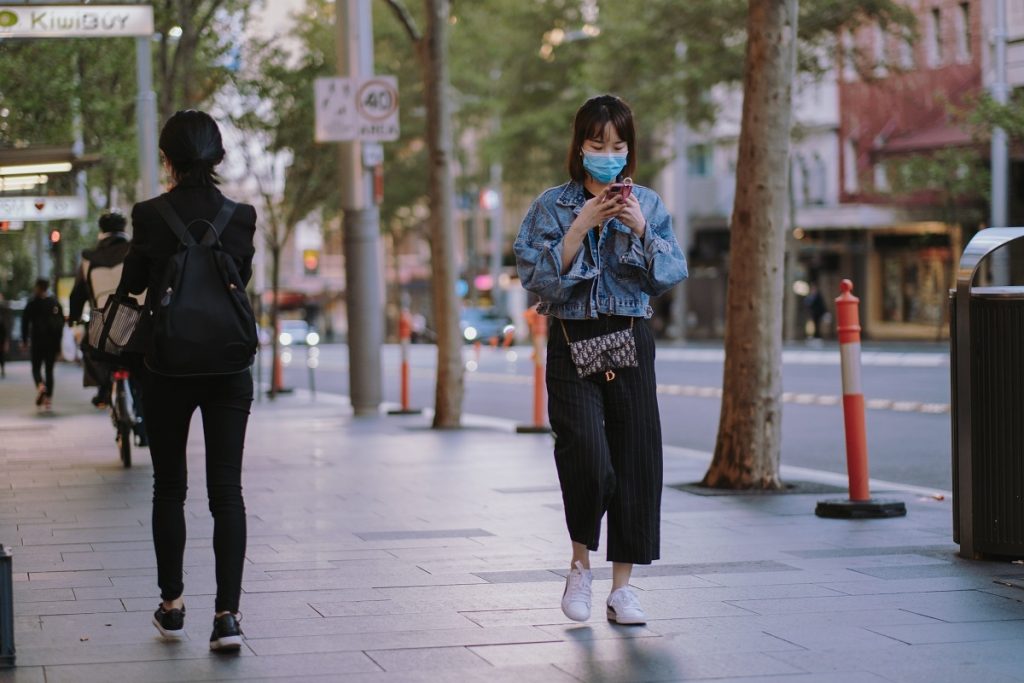We are faced with challenging times, the types of which have never been seen in recent history.
The novel coronavirus outbreak has swept across the entire globe, bringing industries to a grinding halt. Factories and manufacturing plants have ceased operations. Businesses and establishments have closed shop indefinitely and sent their workers home with no job or financial security to look forward to.
Because of the lingering social distancing behavior, American businesses have suffered tremendously. Experts and analysts say that we are looking at around 15,000 retail shops coming to a permanent close this year.
The Stage Has Been Set
While most of these closures were dealt with by the pandemic, the retail industry has been hurting for quite some time now. The culprit? E-commerce .
Online shopping has proven to be one of retail’s worst — if not its worst — nightmare. Earlier in January, we already witnessed around 2,200 retail shops in America close their doors permanently. That was even before the global health crisis hit.
Brick-and-mortar shops just couldn’t keep up with the lucrativeness of online shopping. As much as there are benefits to shopping in physical stores that digital shops could never offer, the pros of e-commerce far outweigh its cons — they have no exorbitant rents and taxes to pay, they are open 24 hours a day, items get delivered straight to your doorstep, returns and exchanges can be made with a message or a phone call, and they are easily accessible anytime anywhere.

The Story Continues to Unfold
It would be unfair to completely blame everything on the pandemic. However, that’s not to say that the effects of COVID-19 are non-threatening to the retail industry.
For each day that a shop stays closed, the closer it gets to a permanent shutdown. Retailers are conflicted because they understand that lockdowns and physical distancing are needed to protect people. But in the same breath, they also need to survive.
Even if they do open shop, if customers and clients don’t show up because of the preventive measures put in place, they will end up losing more money in the process. Talk about getting stuck between a rock and a hard place.
Bankruptcies are being filed left and right at the time of this writing. Perhaps as you are reading this, a bankruptcy attorney is going over certain strategies to best help their client at this time.
J.C. Penney is already eyeing bankruptcy filing on Friday as it tries to secure a $450 million loan just to stay afloat. Other companies that have already filed for a Chapter 11 bankruptcy protection are the J. Crew Group and Neiman Marcus Group.
As it is, the bankruptcy courts are already overwhelmed with the number of individuals filing for bankruptcy just to escape the clenches of debts, repossessions, wage garnishments, and foreclosures.
This is just the beginning. At the rate that things are going, we are looking at businesses closing left and right. Until we can implement the best possible solution that will cater to both the public health and the general economy, or unless a cure or vaccine is immediately discovered and administered, the future of the physical retail industry is cloaked with uncertainty.
